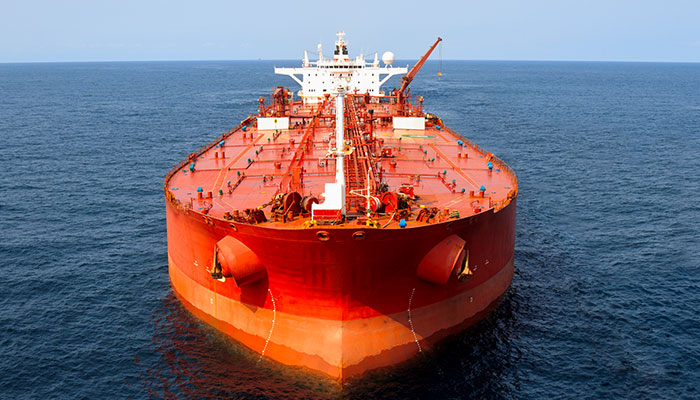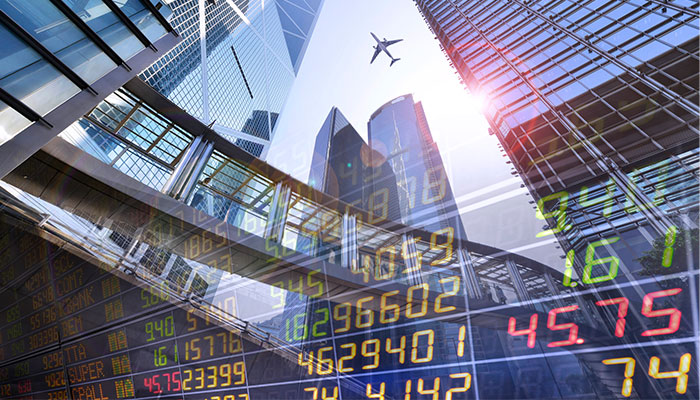A fall-out between major oil-producing nations, coinciding with the spread of the coronavirus, has rattled global financial markets, undermined business confidence and pushed the oil price to multi-year lows.

Declining demand: It was inevitable that a fall in demand driven by the Covid crisis would put downward pressure on oil prices, and in turn, petrol prices, says De Mello.
The double whammy of the OPEC price war and panic over COVID-19 drove down the price of brent crude – the international benchmark – to a 17-year low. Brent oil prices have now more than halved since January to about $US24 a barrel and fears of a supply gut will likely add further pressure. In the US, light crude briefly hit $US20 a barrel.
Typically, a fall in the oil price is welcomed by non-oil producing countries. However, this time the market was spooked amid already soft demand for crude oil from high-consuming countries like China, Japan and South Korea as manufacturing had already begun to slow, easing demand for fuel.
Oil price war
This oil price war is due to OPEC+ countries not agreeing to the usual production cut approach used by OPEC countries when there is significant pressure on prices to fall.
The sudden decline in crude oil prices was triggered by Saudi Arabia’s response to raise output and offer price discounts after Russia refused to make deep production cuts (OPEC vs OPEC+) to support the profitability of the oil industry.
Saudi Arabia wants to protect its key supply routes, particularly to Asia and trading and refining hubs in Europe. There has been a recent surge of US crude oil shipments to Asia, and with the passing of stage 1 of the trade agreement between the U.S. and China, crude oil supply to China is meant to increase.
This has made the traditional big oil suppliers to Asia a bit nervous. Even countries like Brazil are now offloading crude oil in major hubs like Singapore.
Petrol prices
Although the unfolding events seem politically driven, demand was already declining due to the impact of COVID-19. It was inevitable that a fall in demand would put downward pressure on oil prices, and in turn, petrol prices.
While there was some relief for motorists with a brief fall in petrol prices – E10 at $1.10 in NSW, 95 fuel at $1.24 and 98 at $1.30 – the dip was short-lived.
There will likely be plenty of crude oil tankers and refined fuel tankers floating in the sea waiting for the prices to move higher.
The high end of the fuel price cycle means motorists need to shop around as there are huge discrepancies, particularly for the 95 and 98 fuel types between independents and the major outlets as operators are locking in high profit margins.
While any fall is welcomed by motorists, there is little benefit for manufacturers if diesel prices don’t also come down.
The independent petrol retailers have diesel in some suburbs under $1.30 a litre, but the major players still have prices upwards from $1.45 a litre. The rocket and feather effects are certainly coming into play. This occurs when we see retail petrol prices shooting up (rocket-like) overnight when crude oil prices jump, but when crude falls they come down much slower (like a falling feather).
Given there is heightened activity in the trucking and home delivery space, the demand for diesel is likely to remain high and prices are not likely to decline as much as petrol.
Although petrol, diesel and jet fuel prices have fallen, the weakness in demand will far outweigh any benefits of cheaper prices. Countries that have the potential to stockpile fuel supplies will benefit, but unfortunately Australia does not have any official capacity for holding strategic reserves except some storage tanks at closed refineries.
In the meantime, there will likely be plenty of crude oil tankers and refined fuel tankers floating in the sea waiting for the prices to move higher.
Broader impact
Besides motorists enjoying cheaper fuel prices, the collapse in the oil price has broader ramifications for the non-oil sector. For instance, supermarkets, pharmaceutical companies and chemists might perform better than expected given the huge boost in sales and demand from consumers.

Cancels out: Although petrol, diesel and jet fuel prices have fallen, De Mello says the weakness in demand will far outweigh any benefits of cheaper prices.
The decline in aviation traffic will also see reduced demand for jet fuel, resulting in an increase in supply of refined oil products. The price drop will also severely impact the vast investments in the crude oil industry particularly in shale oil plays in the US.
Global travel and quarantine restrictions along with the cancellation of conferences and mass gatherings will have a severe impact on the airline, tourism and services sectors. With people deserting big cities around the world, many small businesses like restaurants and cafes will shut down or will have to rely on government bailouts.
Europe and countries that are 100 per cent dependent on crude oil imports could get some boost in their manufacturing output with lower input costs. Lower oil prices usually flow deep downstream to the plastics and polymer market, a key component for packaging and car manufacturing.
However, with manufacturing output being driven purely by the business cycle there are real dangers of a prolonged downturn in business activity and overall aggregate demand due to COVID-19. In addition to a failing expansionary monetary policy, the current decline in oil prices will do little to boost manufacturing in the developed world.
Dr Lurion De Mello is a Senior Lecturer in the Department of Applied Finance at the Macquarie Business School.



